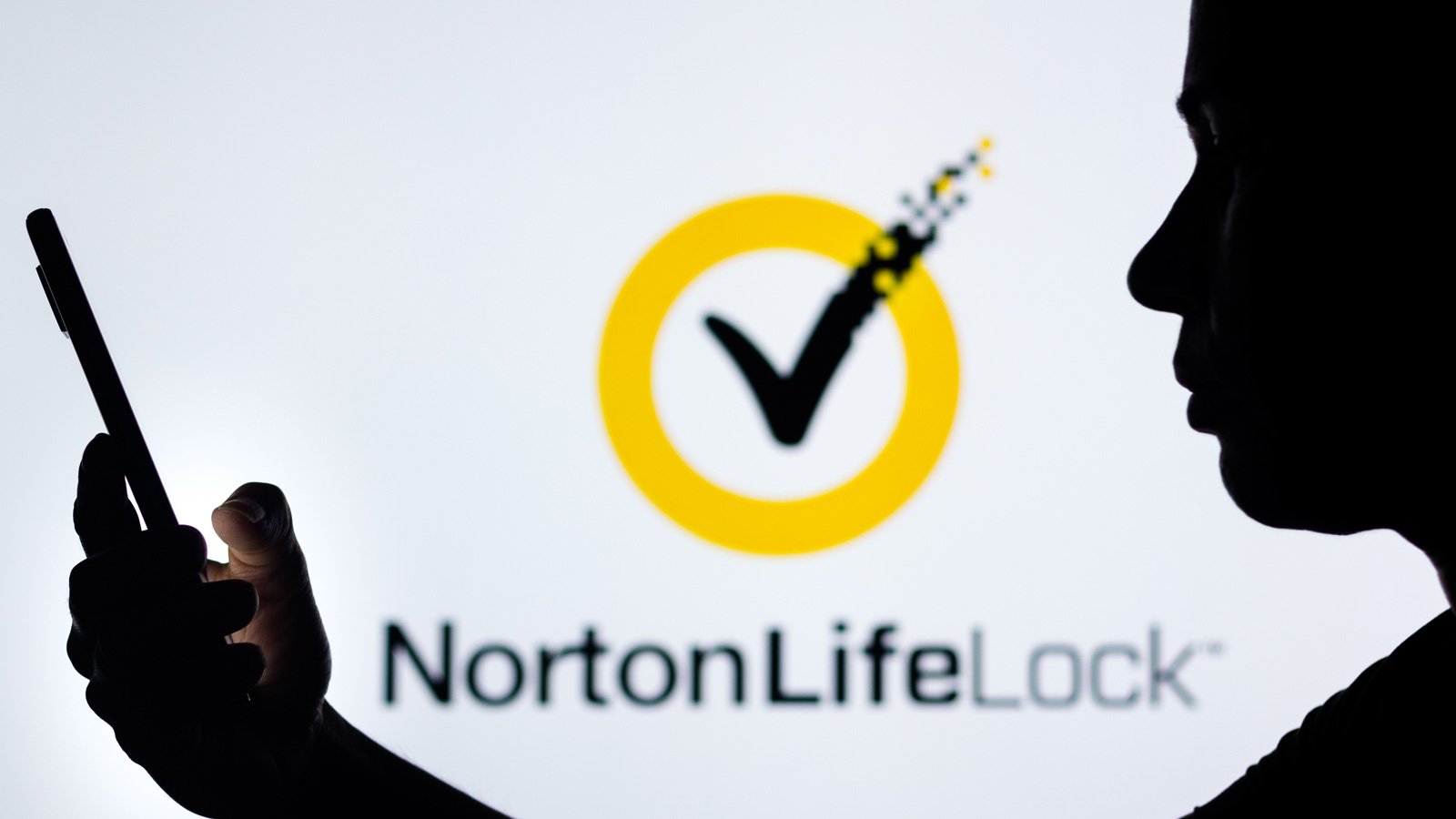I can't think of any good reason not to encrypt the URL. It's bad for privacy and now hackers can prioritize which accounts they want to try and crack based on the URL's.I would guess they don't bother encrypting URLs a) because they're public anyway, b) they can't be used in anyway to identify an account holder, and c) they take up less storage space.
You are using an out of date browser. It may not display this or other websites correctly.
You should upgrade or use an alternative browser.
You should upgrade or use an alternative browser.
Another LastPass Security Incident
- Thread starter Ice Tea
- Start date
More options
Thread starter's posts
Lastpass • r/Lastpass
This is the place to discuss the program, "LastPass." It can be found and downloaded here: https://lastpass.com/ It offers password management,...old.reddit.com
This lot are hard to keep up with.

The LastPass disclosure of leaked password vaults is being torn apart by security experts
“LastPass’s claim of ‘zero knowledge’ is a bald-faced lie.”
Not good reading.
Guess I will have to move to a new password manager and change everything again. 1Password seems to be getting positive praise so will have a look at them
Permabanned
- Joined
- 9 Aug 2008
- Posts
- 35,717
Guess I will have to move to a new password manager and change everything again. 1Password seems to be getting positive praise so will have a look at them
BitWarden

Not in a million years: It can take far less to crack a LastPass password | 1Password
How 1Password goes above and beyond to protect you in the event of a data breach.
I can't think of any good reason not to encrypt the URL. It's bad for privacy and now hackers can prioritize which accounts they want to try and crack based on the URL's.
I can - storage.
If you've got a million people for example who all save their account details of www.facebook.com. if you encrypt the URL then you now need to store that a million times, a URL might only be a couple of bytes but multiply that by a good number of users and the size adds up. If it's unencrypted they only have to store the URL once.
It takes up 1 byte per character. If an average URL was 50 characters, and an average user saved 300 URL's, that would be 15,000 bytes or 15KB per person. If LastPass has 33 Million users it would be 461 GB of storage. That's absolutely nothing for a company the size of LastPass.I can - storage.
If you've got a million people for example who all save their account details of www.facebook.com. if you encrypt the URL then you now need to store that a million times, a URL might only be a couple of bytes but multiply that by a good number of users and the size adds up. If it's unencrypted they only have to store the URL once.
Last edited:
I can - storage.
If you've got a million people for example who all save their account details of www.facebook.com. if you encrypt the URL then you now need to store that a million times, a URL might only be a couple of bytes but multiply that by a good number of users and the size adds up. If it's unencrypted they only have to store the URL once.
I know a good reason.....you advertise zero knowledge encryption then you should probably actually do that.
It takes up 1 byte per character. If an average URL was 50 characters, and an average user saved 300 URL's, that would be 15,000 bytes or 15KB per person. If LastPass has 33 Million users it would be 461 GB of storage. That's absolutely nothing for a company the size of LastPass.
It would be far less than that in reality. You dont need to store:
Http(s)
://
www.
Permabanned
- Joined
- 1 May 2022
- Posts
- 4,143
- Location
- ㅤ
Yes, not using Password programs and using entirely your memory. Your memory can't be hackedAre there better alternative to LastPass?
I’ve been thinking about moving to use exclusively Apple KeyChain but I’m unsure of the drawbacks. I understand it is now possible to use with windows but the integration might not be that great.

Last edited:
Permabanned
- Joined
- 9 Aug 2008
- Posts
- 35,717
Yes, not using Password programs and using entirely your memory. Your memory can't be hacked
Throw Alzheimer’s in the mix and we have a problem.
I'm a Lastpass user, and I wasn't overly bothered about this, given what they've stated. I don't want to be bullish, but I think every convenient/easy password manager service out there is susceptible to hacks or breaches like this. I believe my passwords are secure, and I'm not going to go through my vault and change them all.
My master password was long and unique, and I mainly used random passwords and 2FA on every site I could possibly use it on.
I changed my master password a few days ago, which re-encrypts your vault (even though I haven't changed any site passwords or data held on them). So the re-encryption process seems a bit pointless really - but if you are a Lastpass user, do it anyway. Then change passwords on sites you use a common password on, if you are bothered enough to do so.
I would happily move to another password manager, with a tech firm with the investment in password security like Google/Amazon/Apple etc. if they offer an equivalent or better service that I can use on both Windows/Android mobile etc.
My master password was long and unique, and I mainly used random passwords and 2FA on every site I could possibly use it on.
I changed my master password a few days ago, which re-encrypts your vault (even though I haven't changed any site passwords or data held on them). So the re-encryption process seems a bit pointless really - but if you are a Lastpass user, do it anyway. Then change passwords on sites you use a common password on, if you are bothered enough to do so.
I would happily move to another password manager, with a tech firm with the investment in password security like Google/Amazon/Apple etc. if they offer an equivalent or better service that I can use on both Windows/Android mobile etc.
Last edited:
Permabanned
- Joined
- 1 May 2022
- Posts
- 4,143
- Location
- ㅤ
You won't be needing to use a pc at that age, I'll be dribbling at the ladies in the nursing home so it's all good.Throw Alzheimer’s in the mix and we have a problem.
Permabanned
- Joined
- 9 Aug 2008
- Posts
- 35,717
I would happily move to another password manager, with a tech firm with the investment in password security like Google/Amazon/Apple etc. if they offer an equivalent or better service that I can use on both Windows/Android mobile etc.
For a company that invests in password security you would think they would make it cross platform to target everyone but no they decide to keep it to their own platform.
For this very reason I stopped using them.

Dixons Carphone fined after hackers 'targeted 14 million customers'
The company says it plans to appeal some of the findings of the investigation by the Information Commissioner's Office.
I don't want to be bullish, but I think every convenient/easy password manager service out there is susceptible to hacks or breaches like this.
I have very mixed feelings as large breaches like lastpass (or the one above for example) have happened and will happen and the only control we have is to change our passwords as we have no control over all the computers that hold our personal information for billing and such yet its hard to ignore the feeling that lots of people have of Panic!, Panic! , Panic! , dig trenches, setup laser turrets, we are all completely ******!
Last edited:
Permabanned
- Joined
- 9 Aug 2008
- Posts
- 35,717
I have very mixed feelings as large breaches like lastpass (or the one above for example) have happened and will happen and the only control we have is to change our passwords as we have no control over all the computers that hold our personal information for billing and such yet its hard to ignore the feeling that lots of people have of Panic!, Panic! , Panic , dig trenches and setup laser turrets, we are all completely ******!
IMO it doesn't matter if they tell us or not, a breach is a breach. Telling us gains a little trust but what goes on for real in the background nobody will ever know except some people working there. I always assume there's something going on in regards to stuff we can't see. I take breaches seriously and they shouldn't be happening.
They should have good enough devs to be able to keep the holes closed IMO. Password vaults should be 100% secure.
Last edited:
They should have good enough devs to be able to keep the holes closed IMO. Password vaults should be 100% secure.
If they can't make SSL https links 100% secure that started heartbleed then it doesn't give much hope for a 100% secure vault as SSL is the second biggest project on the internet, has the most amount of devs checking over the code and has had millions spent on it thanks to the likes of Google and Microsoft in security audits.
They always say the worst security is on the inside and that certainly true for Lastpass and SSL as both have been breached due to the dev side of things.
Last edited:

NortonLifeLock warns that hackers breached Password Manager accounts
Gen Digital, formerly Symantec Corporation and NortonLifeLock, is sending data breach notifications to customers, informing them that hackers have successfully breached Norton Password Manager accounts in credential-stuffing attacks.
Never heard of that one before.

